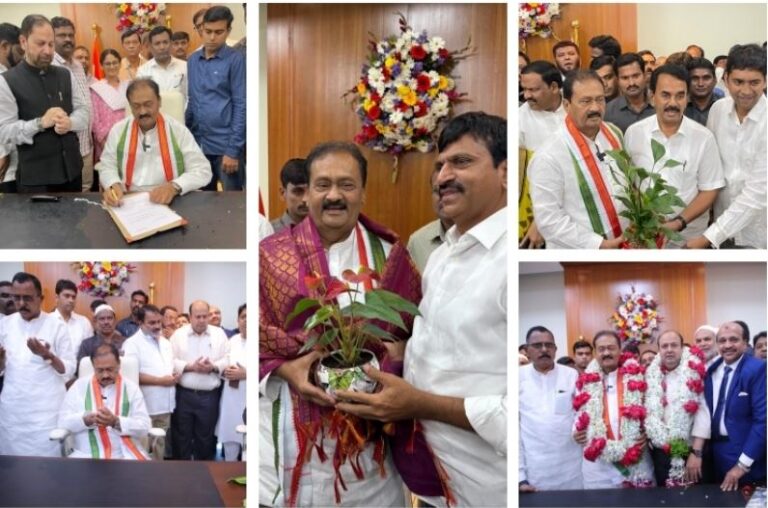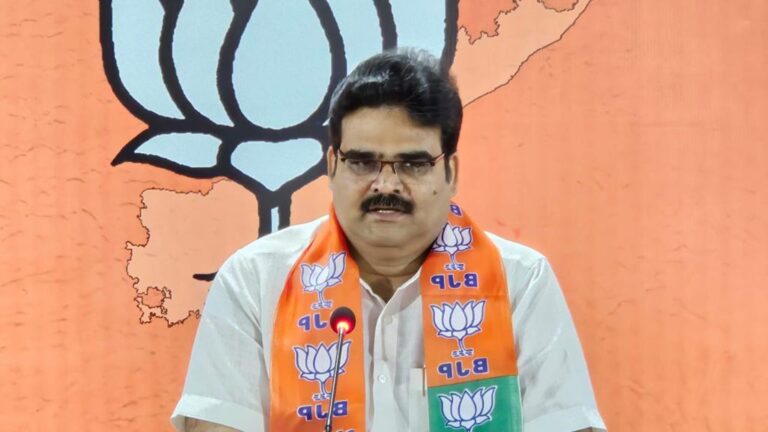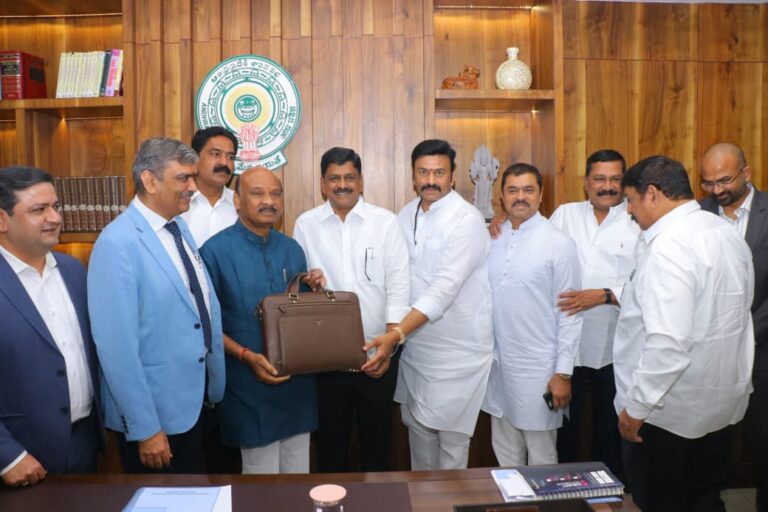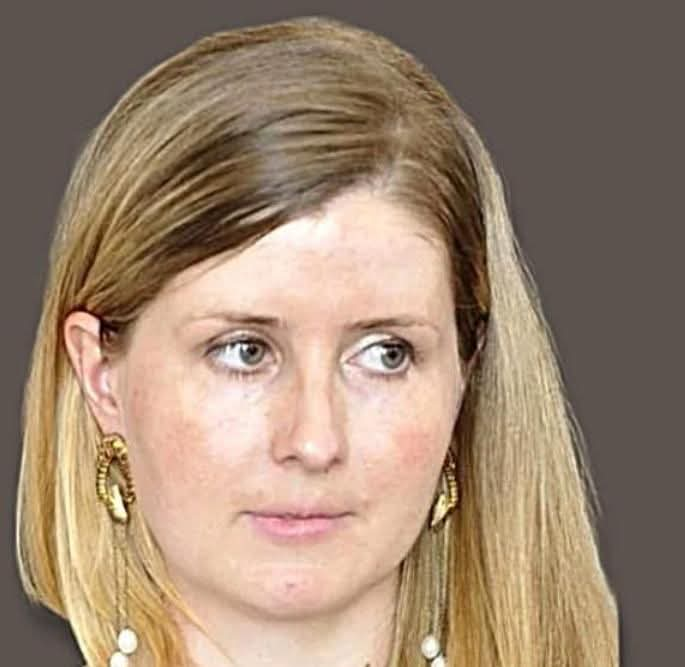-Minor benefits reaching just 10 percent of BCs: Kollu
-Conditions put to deny benefits to most BCs
AMARAVATI: TDP former minister Kollu Ravindra on Tuesday accused the YSRCP Government of making false claims on ‘Chedodu Pathakam’ in order to mislead the backward classes people to derive undue political advantage.
Ravindra said that not even 10 percent of the deserving beneficiaries were getting this benefit. If the Government had any courage, it should provide correct details on the population of nayi brahmins, rajakas and tailors in the State.
Addressing a press conference here, the TDP former minister deplored that by putting many conditions, the ruling YSRCP had made most of the families ineligible under the Chedodu programme. However, grand advertisements were given to claim that huge benefits were being given to 2.85 lakh people under this programme.
Ravindra asked whether it was not a betrayal to deny the benefit if their shops were not registered under the shops and establishments act. Many rajakas were ironing clothes on push carts in residential localities and they were made ineligible. From the beginning, a step-motherly attitude was shown on the BCs in the past three years.
The TDP former minister recalled how over Rs. 2 lakh loans were given through the BC Corporation during the Chandrababu regime. How many loans were given through the BC Corporation in the past two years? The Government should explain whether it had ensured any financial security to the BC families who were earning their livelihoods through their age old professions.
Ravindra blamed the Chief Minister for reducing the BC reservations in local bodies from 34 percent to 24. This had caused the BCs to lose over 16,800 posts. The YCP formed 56 BC corporations and appointed chairmen and directors. But they were not provided with funds, offices or chairs.
The TDP leader expressed concern that their party regime formed corporations and federations to strengthen the BCs. Whereas, the present rulers were deliberately weakening them. The BCs were not being given minimum representation in the state level nominated posts, chairmen, advisors and university VCs.






